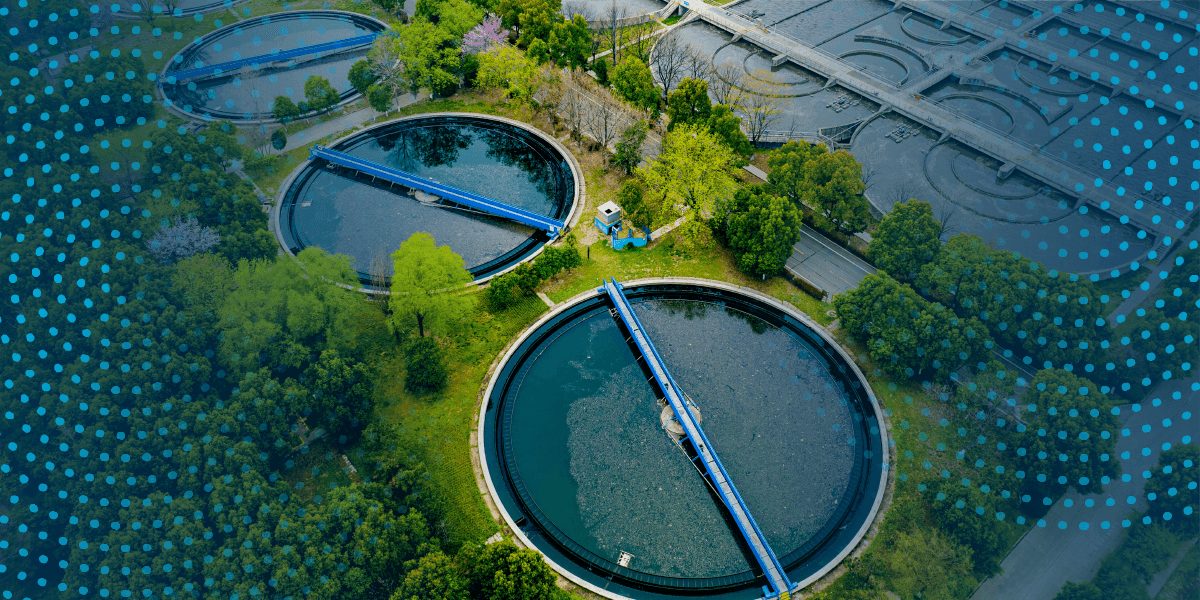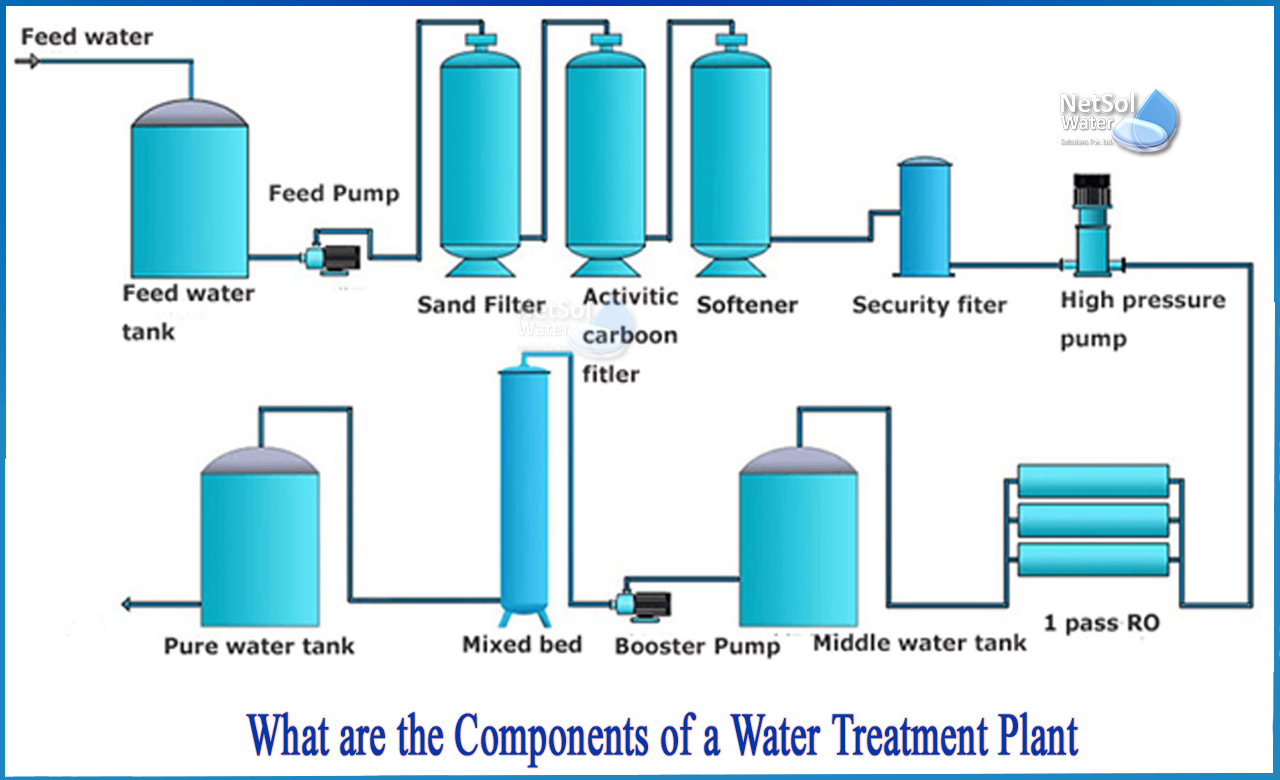Exploring Water Technology Startups: How They Reinvent Sustainable Solutions
Water Technology startups are becoming essential gamers in the pursuit for lasting remedies to global water concerns. These business take advantage of ingenious modern technologies to enhance water effectiveness and administration. Their contributions attend to pushing difficulties such as shortage and contamination. In spite of their potential, they encounter numerous barriers that might affect their success. Recognizing these dynamics drops light on the future of water sustainability and the function these start-ups may play fit it.
The Relevance of Water Technology in Today's Globe
As worldwide water shortage magnifies, the relevance of water Technology ends up being progressively evident. Water Technology plays an important role in addressing the challenges positioned by diminishing fresh water sources and boosting demand. It includes a broad array of innovations, consisting of sophisticated purification systems, wastewater treatment innovations, and wise irrigation solutions. These improvements not just boost the performance of water use yet likewise advertise sustainable techniques across different markets, consisting of farming, market, and metropolitan development.
In addition, the value of water Technology prolongs beyond resource administration. It cultivates resilience against climate modification influences, such as floodings and dry spells, by providing adaptive options for water preservation and administration. In addition, it supports public wellness by guaranteeing access to tidy and secure drinking water. As the globe encounters growing water-related challenges, the combination of sophisticated water technologies is important for cultivating lasting advancement and protecting water schedule for future generations.
Cutting-edge Solutions From Water Tech Startups
While conventional methods to water monitoring have actually offered their objective, a brand-new wave of water technology start-ups is changing the market with cutting-edge solutions (Water Technology Startups). These business utilize advanced modern technologies to address pressing water issues, such as scarcity, contamination, and ineffective distribution. Numerous start-ups make use of expert system and equipment learning to enhance water use and anticipate need, leading to more sustainable techniques
Furthermore, several companies concentrate on creating sophisticated filtration systems that remove toxins and make water secure for usage. Others explore decentralized water treatment modern technologies, permitting neighborhoods to manage their water sources better. Moreover, some start-ups are pioneering wise irrigation solutions that lessen water waste in agriculture, advertising environmental conservation.
Situation Researches: Successful Water Technology Startups
Many water Technology startups have become leaders in dealing with global water obstacles with ingenious techniques. One noteworthy instance is Xylem, which concentrates on water analytics and smart framework to optimize water use and lower waste. Their solutions have been carried out in different districts, demonstrating considerable enhancements in water monitoring efficiency.
Another effective start-up, Absolutely no Mass Water, has actually created solar-powered hydropanels that remove water vapor from the air, offering lasting alcohol consumption water in deserts. Water Technology Startups. This Technology has been released in numerous nations, ensuring communities have access to tidy water
Finally, AquaVenture Holdings operates a varied profile of water-as-a-service options, attending to water shortage with desalination and wastewater treatment. Their tasks have actually verified important in regions dealing with serious water lacks, showcasing the possibility of innovative water modern technologies to develop lasting, favorable influences. These instance researches highlight the transformative capacity of startups in the water Technology field.
The Duty of Smart Technology in Water Monitoring
Smart Technology plays an essential duty in contemporary water monitoring by leveraging IoT applications to optimize source use. Data analytics enhances performance by supplying workable insights, while remote monitoring options allow real-time oversight of water systems. Together, these innovations change how water is handled, promoting sustainability and functional effectiveness.
IoT Applications in Water
As water scarcity and monitoring difficulties increase internationally, the integration of Net of Things (IoT) applications has actually emerged as a crucial solution in maximizing water resources. IoT Technology promotes real-time tracking and analysis of water supply, enabling extra efficient use and administration. Sensing units deployed in numerous water infrastructures can track top quality, flow rates, and leak, supplying valuable data to stakeholders. This information empowers energies and consumers to make educated choices, decreasing waste and boosting conservation efforts. In addition, smart irrigation systems make use of IoT to optimize water distribution for farming, guaranteeing that plants receive the best quantity of water at the right time. Generally, IoT applications are changing conventional water administration techniques, fostering sustainability and resilience in water source systems.
Information Analytics for Performance
Harnessing data analytics is crucial for enhancing efficiency in water management. Water Technology startups are progressively making use of innovative analytics to enhance source appropriation and minimize waste. By examining information from different resources, these startups can identify patterns and trends that inform much better decision-making. Predictive analytics can anticipate water demand, enabling utilities to change supply appropriately, thus reducing surpluses and scarcities. In addition, real-time information processing makes it possible for the prompt detection of leaks and inadequacies within distribution systems, substantially reducing operational prices. Data-driven insights empower stakeholders to apply targeted preservation techniques, fostering lasting methods. Fundamentally, incorporating information analytics right into water administration not just enhances operations but additionally promotes long-term sustainability in water source usage.
Remote Tracking Solutions
While traditional water administration systems typically battle with inadequacies, remote tracking solutions are changing exactly how water sources are handled. These innovative modern technologies allow real-time information collection and analysis, allowing stakeholders to check water high quality, flow prices, and usage patterns from afar. Using sensing units and IoT gadgets, remote monitoring supplies prompt understandings that promote proactive decision-making. This change not only improves functional performance yet also promotes sustainability by minimizing water waste and optimizing resource appropriation. Additionally, remote tracking systems can determine possible issues before they intensify, thereby reducing the danger of contamination or framework failing. As water Technology start-ups proceed to develop these services, the market is positioned for substantial developments in sustainable water monitoring methods.
Obstacles Encountering Water Technology Startups
Water Technology startups experience considerable obstacles that can prevent their growth and success. Trick concerns consist of securing adequate financing, steering via intricate regulative settings, and completing in a jampacked industry. These barriers need critical preparation and innovation to conquer.
Financing and Investment Obstacles
Innovation in water Technology holds enormous possibility for attending to global challenges, startups in this field commonly deal with considerable financing and financial investment hurdles. Several financiers remain mindful, perceiving the water sector as risky because of its complex governing landscape and long development timelines. In addition, startups frequently battle to show immediate productivity, which can prevent potential backers. Typical financial backing may forget water technology, preferring industries with quicker returns, such as technology or durable goods. Furthermore, safeguarding gives and federal government funding can be lengthy and affordable, additional making complex financial stability. Water Technology Startups. Because of this, several innovative water Technology startups locate themselves in a precarious setting, requiring creative financing techniques to browse these economic barriers and accomplish their goals
Regulative Conformity Issues
Guiding governing compliance more info is a considerable obstacle for startups in the water Technology industry, as they need to face a myriad of local, nationwide, and international guidelines. These laws typically incorporate water top quality standards, ecological security regulations, and safety procedures, which can vary commonly throughout jurisdictions. Startups may find it difficult to navigate this complex landscape, particularly when scaling operations or entering new markets. The expenses connected with compliance can be substantial, diverting resources away from innovation and product development. In addition, hold-ups in getting necessary licenses or qualifications can impede growth and market access. Consequently, a durable understanding of regulative frameworks is necessary for these startups to guarantee lasting procedures and prevent prospective legal repercussions.
Market Competitors Characteristics
As water Technology start-ups emerge in a competitive landscape, they encounter many difficulties that can impede their development and advancement. Established companies often control the market, leveraging sources and experience to preserve their positions. Start-ups deal with minimal financing, which restricts r & d capabilities, making it tough to compete on Technology and rates. Furthermore, the swiftly progressing nature of water innovations needs continuous adaptation, more straining start-up resources. Regulative hurdles can complicate market entry, as compliance with ecological requirements is essential yet expensive. Bring in knowledgeable ability in a specific niche area presents another challenge, as larger companies might provide even more attractive work plans. Consequently, these factors produce a complicated environment for water Technology start-ups aiming to be successful.

The Future of Water Technology and Sustainability

The future of water Technology will likely concentrate on incorporating synthetic knowledge and data analytics to maximize water circulation and use patterns. By taking advantage of real-time data, firms can predict scarcities and handle resources extra efficiently. Sustainable techniques will end up being a cornerstone of the market, urging circular economies where water is reused and dealt with. Ultimately, the continued advancement of water Technology will be crucial in developing resilient facilities qualified of meeting the difficulties posed by climate modification and populace development while promoting environmental stewardship.
Often Asked Inquiries
What Are the Trick Metrics for Evaluating Water Technology Startups?
Secret metrics for reviewing water Technology startups include market capacity, scalability, client procurement costs, earnings growth, technology innovation, regulative compliance, environmental effect, affordable benefit, and group experience, all crucial for identifying long-lasting feasibility and success.
Just How Can People Assistance Water Technology Innovations?
People can sustain water Technology innovations by purchasing startups, promoting for plan adjustments, joining community initiatives, sharing understanding regarding lasting practices, and advertising understanding of water problems through neighborhood occasions and social media.
What Prevail Funding Resources for Water Tech Startups?
Common funding resources for water tech start-ups include financial backing, government grants, crowdfunding platforms, angel investors, and corporate partnerships. These monetary opportunities aid facilitate innovation and development in lasting water monitoring innovations.

Which Industries Advantage A Lot Of From Water Technology Advancements?
Industries such as agriculture, energy, manufacturing, and metropolitan solutions benefit significantly from water Technology advancements. These developments enhance water performance, lower expenses, and promote lasting methods, ultimately adding to ecological conservation and resource management.
Are There Any Kind Of Regulatory Challenges Details to Water Technology?
Yes, water Technology encounters regulative challenges, consisting of conformity with environmental requirements, permitting processes, and differing regional guidelines. These intricacies can hinder development and slow down the execution of new technologies in the water administration field.
Water Technology startups are emerging as important gamers in the quest for sustainable services to international water concerns. As global water shortage magnifies, the significance of water Technology comes to be progressively noticeable. Others explore decentralized water therapy technologies, allowing communities to manage their water resources much more successfully. An additional successful start-up, Absolutely no Mass Water, has developed solar-powered hydropanels that extract water vapor from the air, offering sustainable drinking water in dry regions. Their jobs have actually verified important in areas encountering severe water scarcities, showcasing the possibility of ingenious water innovations to produce enduring, positive effects.